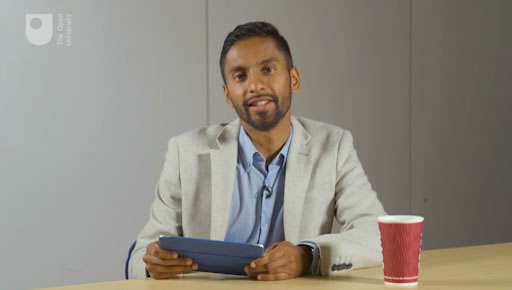6 Staying secure
What risks do you take when you buy and bank online?
The huge growth in online transacting has been matched by a growth in fraud. Savings and bank accounts are being hacked and money is being drained from accounts.
But there are some basic rules that will keep you secure, and they’re explained in this video.

